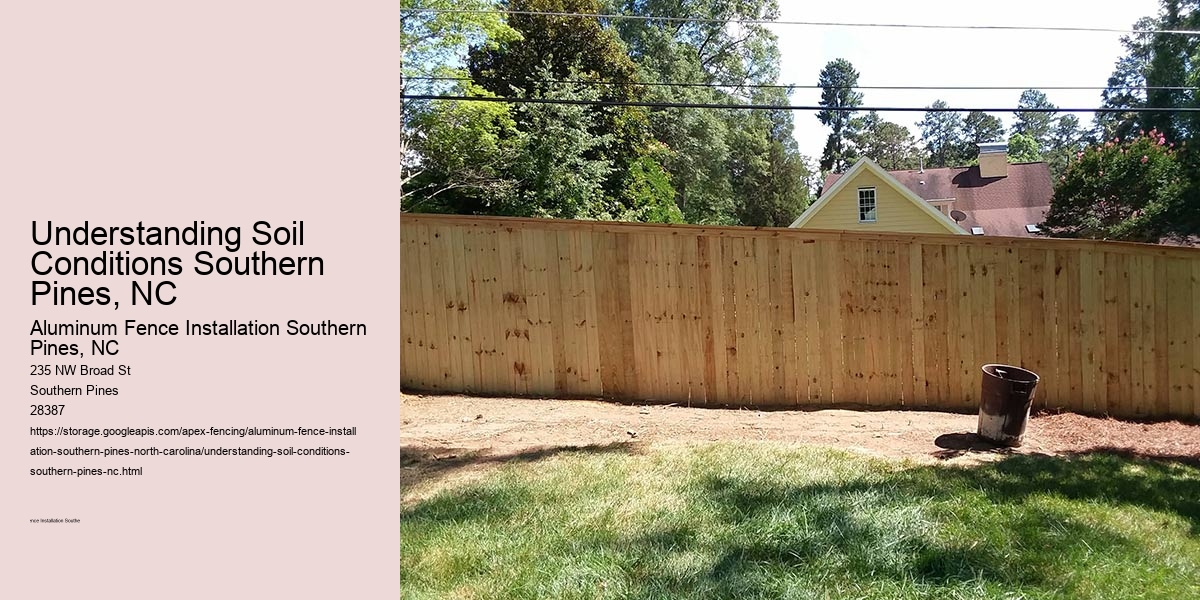Understanding the soil conditions in Southern Pines, North Carolina is an essential aspect of horticulture, agriculture, and environmental science that warrants thorough exploration. The unique composition, texture, and fertility of the soil play pivotal roles in determining the health and growth potential of plant life within this charming region.
The town of Southern Pines is nestled within Moore County and boasts a landscape replete with sandy soils characteristic of the Sandhills region. These soils are predominantly well-drained due to their coarse texture, which can pose specific challenges for water retention. Consequently, gardeners and farmers must be prudent in their irrigation practices to ensure plants receive adequate hydration without overwatering.
One distinguishing feature of Southern Pines' soil is its acidity. Generally possessing a lower pH level than many other types of soil found across the United States, acidic soils can limit the availability of certain nutrients crucial for plant growth. This means that careful soil management techniques must be employed to balance pH levels through lime application or by selecting acid-tolerant vegetation.
Organic matter content plays a significant role in improving soil structure and fertility. In Southern Pines, natural organic materials like pine needles contribute to the nutrient cycle as they decompose but might also exacerbate soil acidity over time. Enhancing these sandy soils with compost or other organic amendments can boost nutrient content while mitigating some negative effects of high acidity.
Given its situational proximity to coastal areas, Southern Pines may occasionally face issues related to salt spray or saltwater intrusion affecting soil salinity levels. While not as prevalent as direct coastal zones, awareness and monitoring for salinity shifts remain important considerations for those tending land in this locale.
To support robust agricultural endeavors or simply maintain lush home gardens under these conditions requires a sophisticated understanding of local climatic influences on soil moisture patterns throughout various seasons. Periods of drought or excessive rainfall profoundly affect how residents manage their soils – from adjusting crop selections to modifying landscaping designs that optimize water conservation efforts.
In conclusion, comprehending Southern Pines' distinctive southern terrain involves recognizing both its inherent beauty and complex agronomic challenges. Through continued education about sustainable practices tailored specifically towards nurturing these sandy acidic soils into productive verdant plots lies the key to thriving ecosystems within this picturesque slice of North Carolina's heartland.
Cost Estimation and Budgeting Southern Pines, NC

